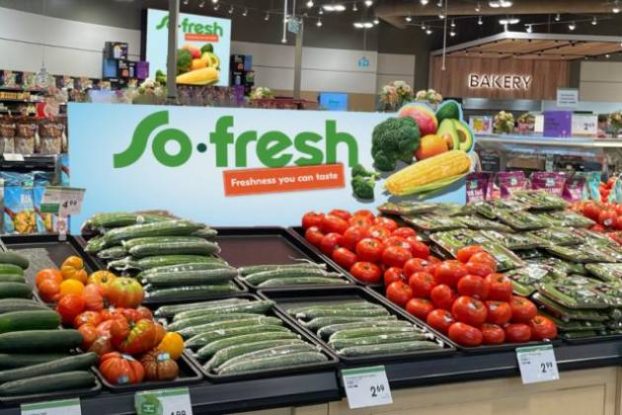 IKEA is publishing a cookbook based entirely on using kitchen scraps as a way to further build on its circular economy ambitions.
IKEA is publishing a cookbook based entirely on using kitchen scraps as a way to further build on its circular economy ambitions.
The “ScrapsBook” features a range of cuisines, but what they have in common is a commitment to sustainable cooking practises, whether it’s incorporating a banana peel into a chocolate cake, or using a corn husk for a creamy chicken and polenta. IKEA worked with Rethink to create the book.
The kitchen is a focal point of a home, which led IKEA to first focus on using scrap food with a campaign that aimed to “elevate” the cooking approach in the fall. The brand is now trying a more direct way to inspire Canadians to look at their leftover food in a different and creative way, with elevated recipes contributed by 10 North American chefs like Adrian Forte and Craig Wong.
https://youtu.be/kr1WLOSxqYs
The retailer’s foray into the publishing world is based on insights that, in Canada, two-thirds of food scraps end up as kitchen waste, when it could’ve easily been eaten, and that an estimated 2.2 million tonnes of food is wasted in Canada alone annually.
IKEA Canada says reducing food waste is a key part of its ambition to become a circular and climate-positive business by 2030. The retailer has already reduced food waste by 31% across its own kitchens nationwide, with a commitment to do more.
To further support those goals, IKEA is also launching “#ScrapcookingSundays” on Instagram Live, a weekly series of live cooking tutorials hosted by contributing chefs from April 11 to May 2. An ebook version of the book is available for free online, as well as through Apple Books and Google Play Books ereader services. There is also a loyalty tie-in, with IKEA Family members getting early access to the recipes before the launch.
IKEA has leaned into sustainability messaging by emphasizing that consumers can save money and the planet, offering double the assessed value back to customers who give gently used IKEA furniture a second life through its Sell-Back program. It’s part of a broader play that posits little acts can have a big environmental impact, whether it’s reducing use of new plastics in its products or phasing out all non-rechargeable alkaline batteries from its home furnishing ranges.
























